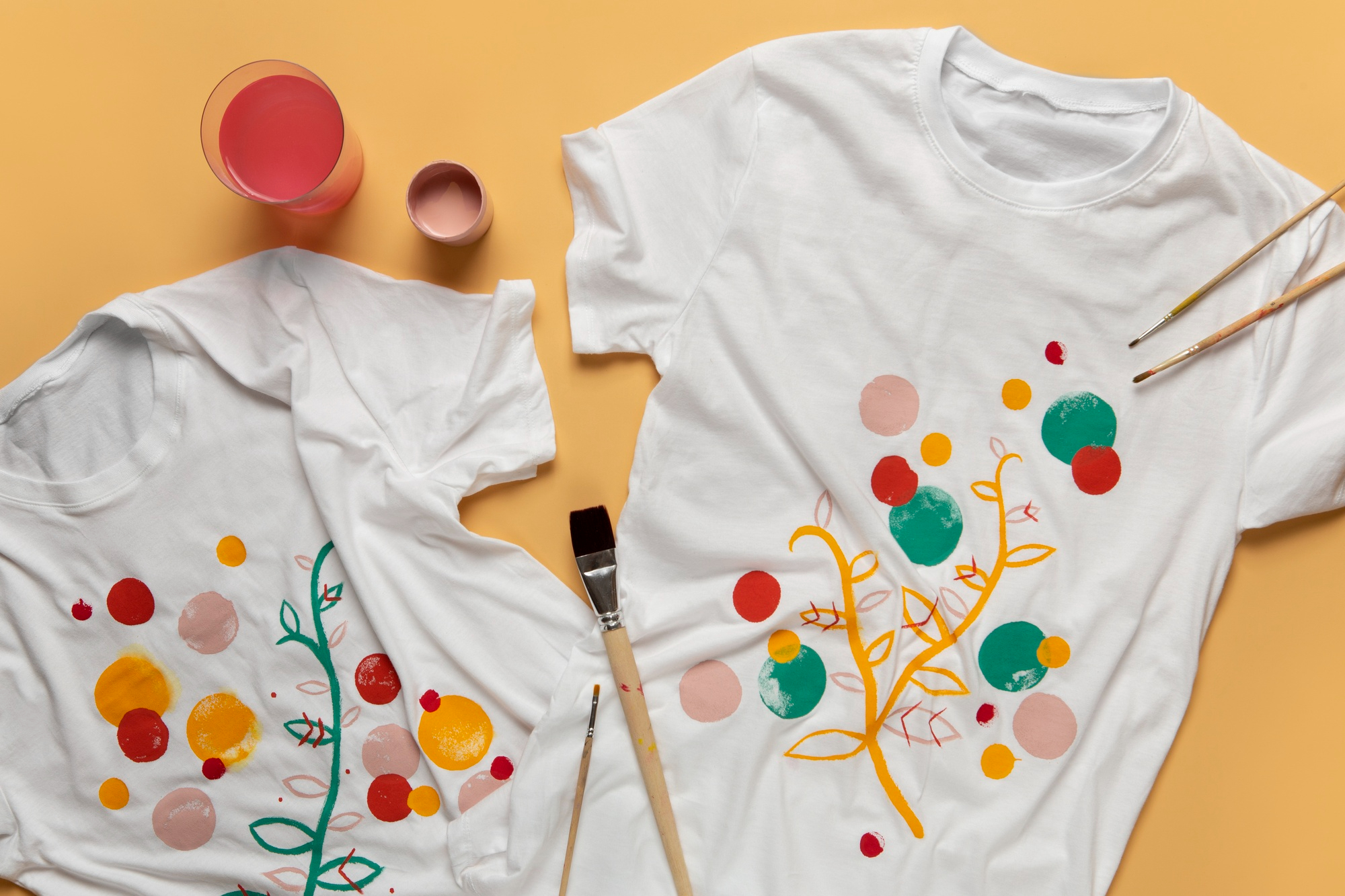
Enhancing Your Experience: The Art of Customizing Products
In today’s consumer-driven world, personalization is not just a trend but a profound way for individuals to express their uniqueness and cater to their specific needs. Whether it’s a pair of sneakers, a smartphone case, or a luxury car, the ability to customize products has become increasingly popular. This customization trend goes beyond mere aesthetics; it allows consumers to create items that resonate deeply with their personality and lifestyle.
The Appeal of Customization
The allure of customization lies in its ability to transform everyday items into something extraordinary and deeply personal. It empowers consumers to break away from mass-produced goods and embrace products that are uniquely theirs. This emotional connection fosters a sense of ownership and satisfaction that transcends the transactional nature of traditional retail.
Tailoring to Individual Preferences
One of the primary benefits of customization is the ability to tailor products to individual preferences. This can range from choosing specific colors, materials, or patterns to incorporating personalized engravings or monograms. For example, a custom-designed watch allows the wearer to not only select the dial and strap but also engrave a meaningful message on the case back, turning it into a cherished keepsake.
Empowering Creativity
Customization also serves as a canvas for creativity. It encourages consumers to engage in the design process, whether through intuitive online tools or consultations with skilled artisans. This involvement fosters a sense of creative fulfillment and allows individuals to explore their design sensibilities without limitations.
Meeting Functional Needs
Beyond aesthetics, customization can address practical needs and preferences. Athletes can customize their footwear for optimal performance and comfort, while tech enthusiasts can personalize their gadgets with protective cases that reflect their style and functionality requirements. This marriage of form and function ensures that customized products not only look good but also perform exceptionally well.
The Rise of Digital Tools
Advancements in technology have revolutionized the customization landscape. Online platforms and mobile apps now offer intuitive interfaces that guide consumers through the customization process step-by-step. These tools provide real-time previews and customization options, empowering users to experiment with different designs and configurations before making a final decision.
Sustainability and Customization
In an era increasingly focused on sustainability, customization can also play a pivotal role. By allowing consumers to design products that align with their values, such as choosing eco-friendly materials or opting for repairable designs, customization promotes responsible consumption and reduces waste.
Beyond Consumer Goods
The impact of customization extends beyond consumer goods into various industries. From personalized healthcare solutions tailored to individual medical needs to custom-built homes designed to meet specific lifestyle preferences, customization is reshaping how products and services are conceptualized and delivered.
Looking Ahead
As consumer expectations continue to evolve, the demand for customization is expected to grow. Brands that embrace this trend and offer flexible, personalized experiences are likely to forge deeper connections with their customers and drive innovation in their respective industries.
In conclusion, customization is more than a passing fad; it’s a transformative approach to consumer engagement and product development. By empowering individuals to shape their own products, customization fosters creativity, meets diverse preferences, and cultivates a deeper sense of ownership. Whether for aesthetic appeal, functional superiority, or personal expression, customized products are at the forefront of modern consumer experiences, promising a future where individuality and innovation converge seamlessly.
